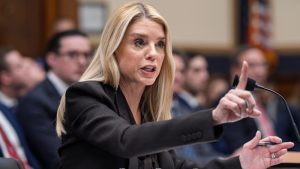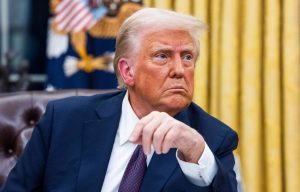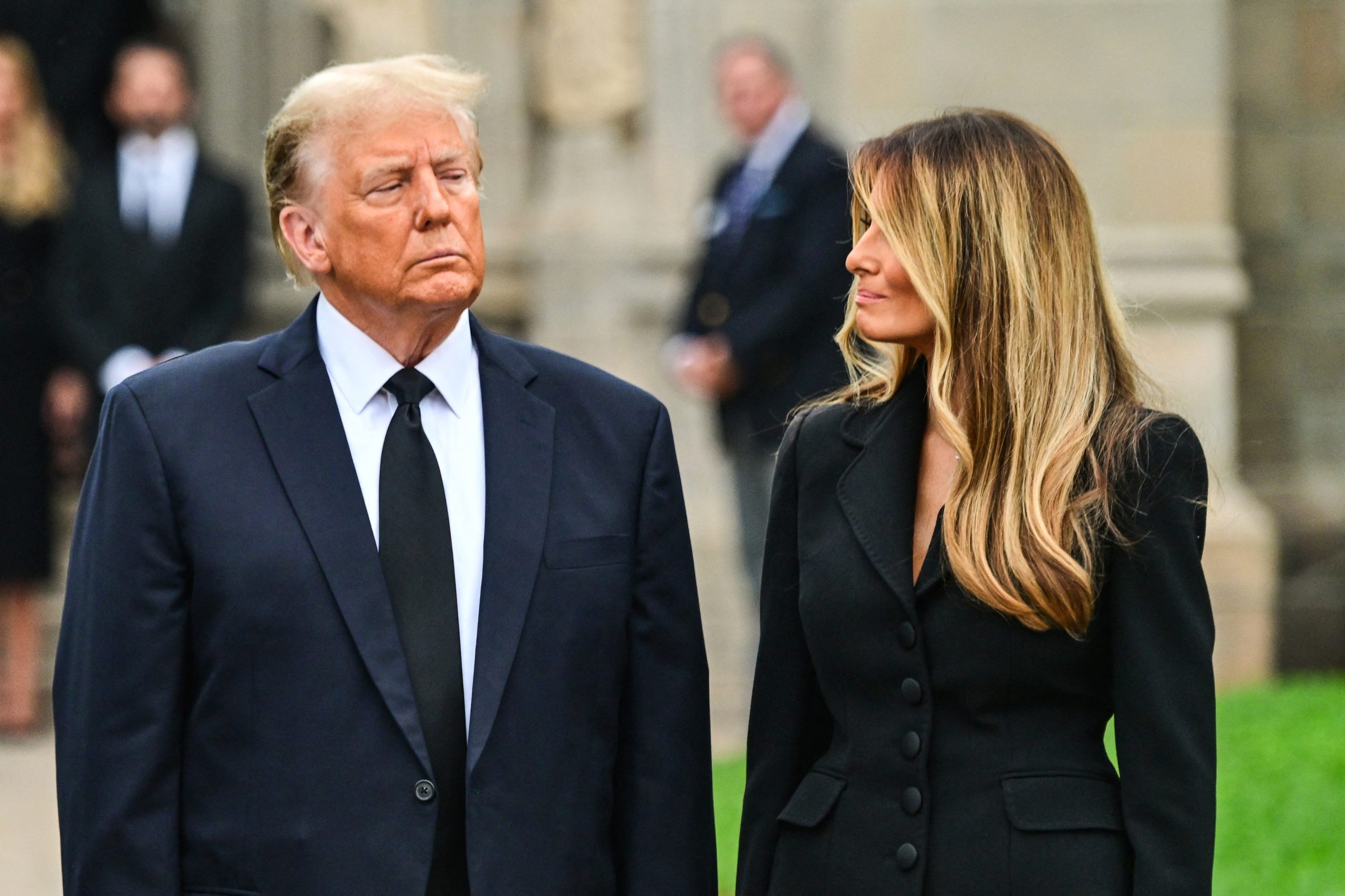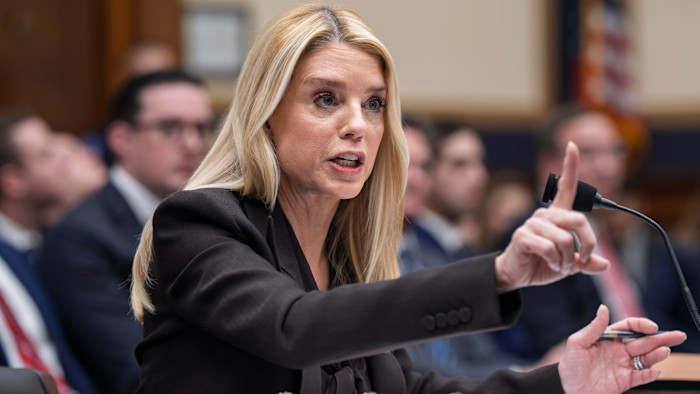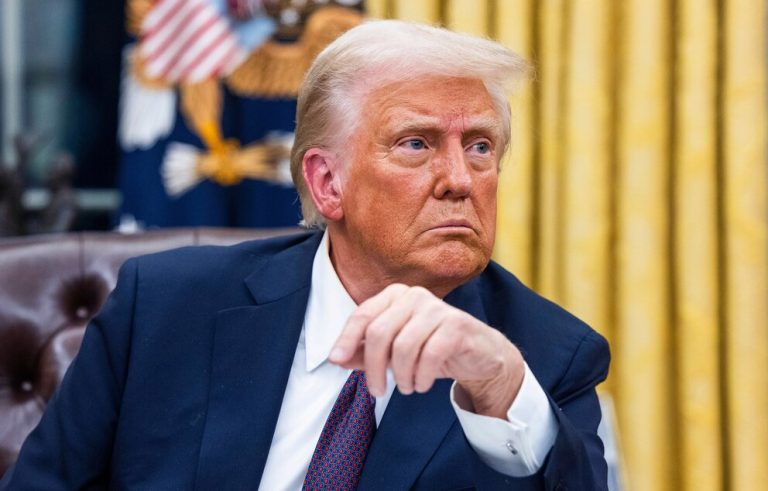In a recent public statement, First Lady Melania Trump confirmed an unexpected change to one of Washington, D.C.’s most cherished traditions: the White House spring garden tours. Originally planned for Saturday, April 5, the tours have been rescheduled to Sunday, April 6 due to security concerns linked to planned demonstrations near the White House. This adjustment underscores the delicate balance between preserving historic public access and ensuring visitor safety in the nation’s capital.
A Thoughtful Decision for Visitor Safety
The White House Office of the First Lady officially announced the rescheduling on April 3, explaining that the shift was made “out of an abundance of caution” in light of anticipated large crowds from nationwide protests planned for the same weekend. The administration emphasized its commitment to providing a secure and enjoyable experience for all guests eager to explore the presidential gardens.
Importantly, tickets issued for April 5 will remain valid for the corresponding entry times on April 6, ensuring that visitors will not lose their opportunity to participate. Visitors already booked for the 6th will see no changes to their schedules, maintaining the event’s overall integrity while prioritizing public safety.
More Than Just a Tour: The Significance of the White House Gardens
The White House garden tours are much more than a sightseeing opportunity; they are a symbol of American democracy and openness. Held twice a year—in spring and fall—these free guided tours invite the public to experience the beauty and history of some of the nation’s most iconic garden spaces.
The spring tours are especially popular as they coincide with Washington’s peak bloom season, when the capital blossoms with vibrant tulips, daffodils, and world-famous cherry blossoms. The tours offer visitors access to significant areas including the South Lawn, the Jacqueline Kennedy Garden, the Rose Garden, and the Kitchen Garden. Each area reflects a unique facet of American presidential history and evolving cultural values, such as the emphasis on sustainability and healthy living showcased by the Kitchen Garden, first established during the Obama administration.
The Political Climate Behind the Change
The rescheduling aligns closely with heightened political activity in Washington. The original tour date overlapped with planned nationwide demonstrations organized by the “Hands Off!” movement, which seeks to protest economic inequality and perceived political corruption by the nation’s wealthiest elites. These protests, expected to draw large crowds near federal buildings, raised legitimate concerns about crowd management and security near the White House grounds.
The administration made clear that the decision to move the tours was not intended to limit peaceful protest—an essential democratic right—but to responsibly address the logistical challenges posed by overlapping events in a sensitive area.
History of Adaptation and Commitment to Tradition
Adjusting the White House garden tour schedule is not unprecedented. Over the years, tours and public access events have been modified in response to security concerns, state visits, and major public ceremonies. The ability to adapt while preserving tradition demonstrates the resilience of democratic institutions, showing a dedication to keeping the public connected to the White House despite evolving challenges.
Postponing the tours by a single day reflects a careful effort to respect both public access and security, allowing the coexistence of diverse forms of civic engagement—from enjoying the gardens to exercising free speech through protest.

Sarah Mitchell is a bestselling novelist recognized for her insightful and emotionally resonant stories that explore the complexities of human relationships. Originally from Denver, Colorado, Sarah grew up in a family of teachers who nurtured her curiosity and love for storytelling. She studied psychology at Stanford University, where she became fascinated by the intricacies of human behavior—an interest that would later shape her writing career. Sarah’s novels are praised for their nuanced characters, intricate plots, and ability to capture the subtle tensions that define love, friendship, and family ties. Her breakthrough novel, The Spaces Between Us, became an instant bestseller, lauded for its honest portrayal of strained family relationships and the fragile bonds that hold people together. Since then, she has published several works that continue to captivate audiences around the world. Outside of her writing career, Sarah is passionate about mental health advocacy and often partners with organizations to promote awareness and support for those struggling with emotional well-being. Her personal life is quieter—she enjoys hiking in the Colorado mountains, practicing yoga, and spending time with close friends. With each new book, Sarah Mitchell cements her reputation as a writer who illuminates the beauty and struggles of human connection.
